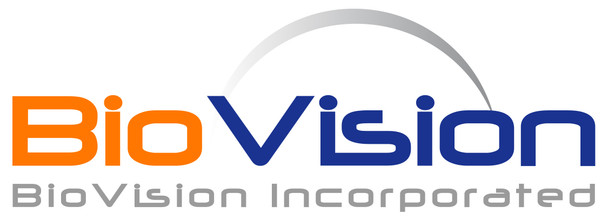Description
Human Recombinant AKR7A2 is available at Gentaur for Next week delivery.
Involved in in the detoxification of aldehydes and ketones
Biomolecule/Target:
Alternates names: Aldo-keto reductase family 7, member A 2, Aflatoxin B1 aldehyde reductase member 2, AFAR, AFAR1, AFB1-AR1, AKR7.
Synonyms: Human Recombinant AKR7A2
Background Information: Aldo-keto reductases, such as AKR7A2, are involved in the detoxification of aldehydes and ketones. This protein can reduce the dialdehyde protein-binding form of aflatoxin B1 (AFB1) to the nonbinding AFB1 dialcohol. It may be involved in protection of liver against the toxic and carcinogenic effects of AFB1, a potent hepatocarcinogen. Also, it has been proposed previously to catalyze the NADPH-dependent reduction of succinic semialdehyde (SSA) to Gamma-Hydroxybutyrate in human brain.
Reconstitution Instructions: N/A
NCBI Gene Symbol: AKR7A2
Gene ID: 8574
NCBI Accession: O43488
Additional Information
Size: |
100 μg |
Country of Manufacturing Origin: |
USA |
Country of Animal Origin: |
USA |
Gene Source: |
Human |
Recombinant: |
Yes |
Source: |
E. coli |
Purity by SDS-PAGE: |
≥95% |
Assay: |
SDS-PAGE |
Purity: |
N/A |
Assay 2: |
N/A |
Endotoxin Level: |
N/A |
Activity (Specifications/test method): |
N/A |
Biological activity: |
Specific activity is approximately 0.25 – 0.3 units/mg. |
Molecular Weight: |
44 kDa |
Storage Temperature: |
-20°C |
Shelf Life: |
12 months |
Concentration: |
0.5 mg/ml |
Appearance: |
Liquid |
Handling: |
Centrifuge the vial prior to opening. |






